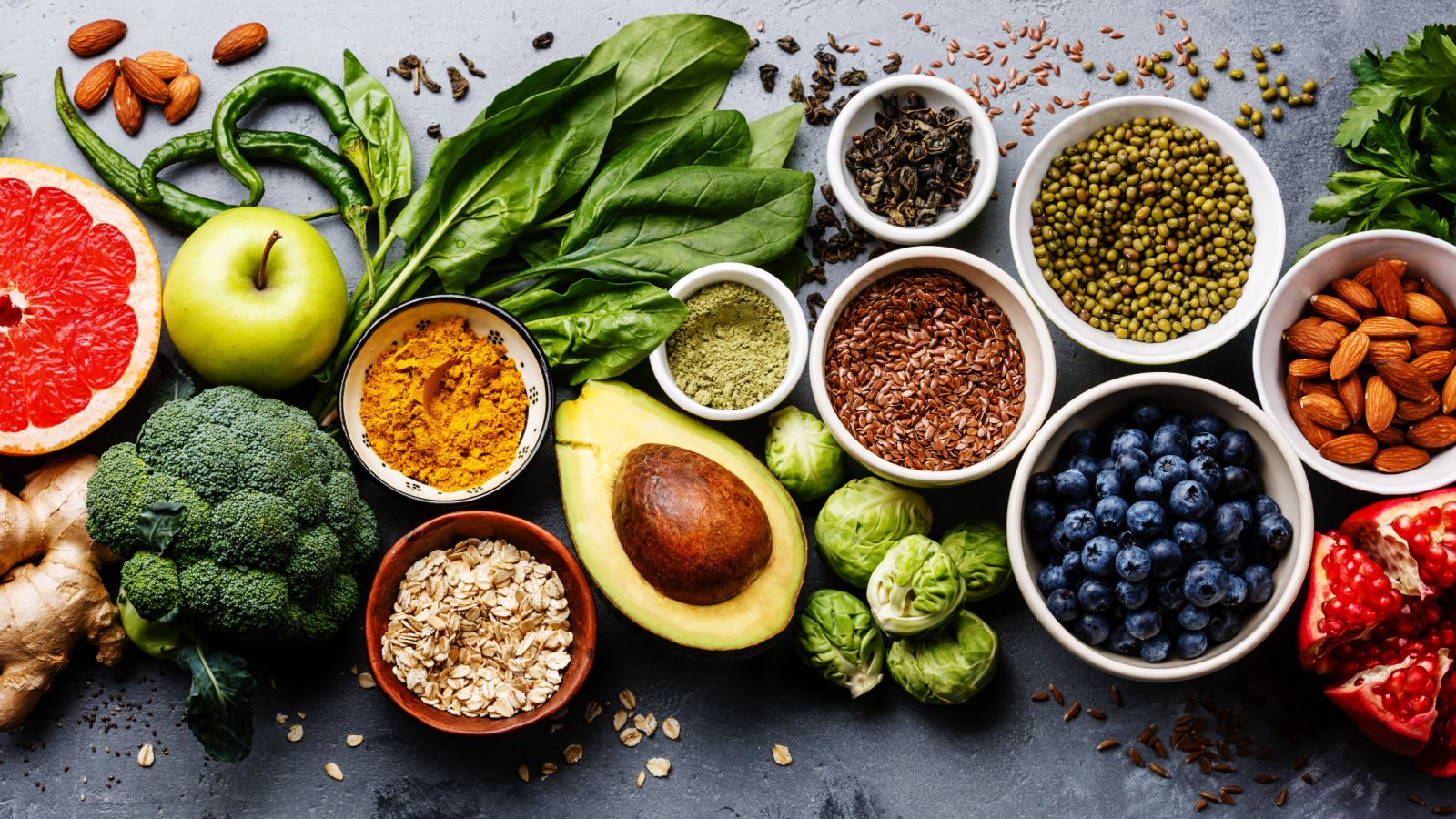Despite economic challenges, there are certain items people keep buying, no matter their income level.
Some comforts and conveniences are worth the splurge, even when money is tight. Whether it’s gourmet coffee or high-end smartphones, these purchases show how people prioritize what they view as essentials to their daily lives.
Let’s explore the reasons behind these steadfast spending habits.
Expensive Coffee
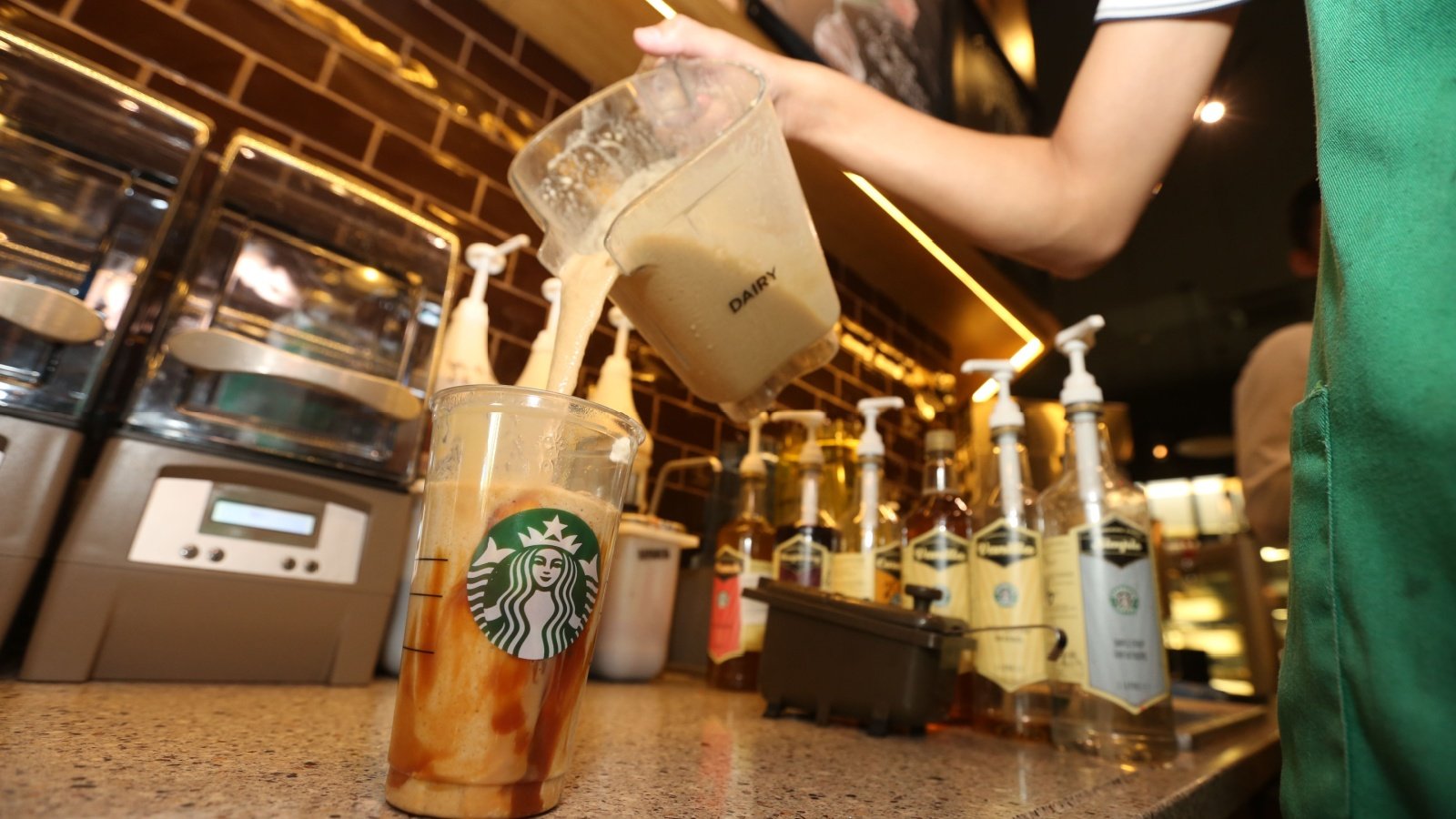
Even on a tight budget, many individuals can’t resist the allure of a morning latte. Specialty coffee sales are booming, with the industry seeing a 20% increase last year. These small, daily splurges are a way for consumers to treat themselves.
New Smartphones

Despite their high costs, smartphones remain a must-have item for people from all economic backgrounds. The average American upgrades their phone every 29 months, often regardless of their financial situation, driven by the need for better cameras, faster processors, and the latest features.
Alcohol
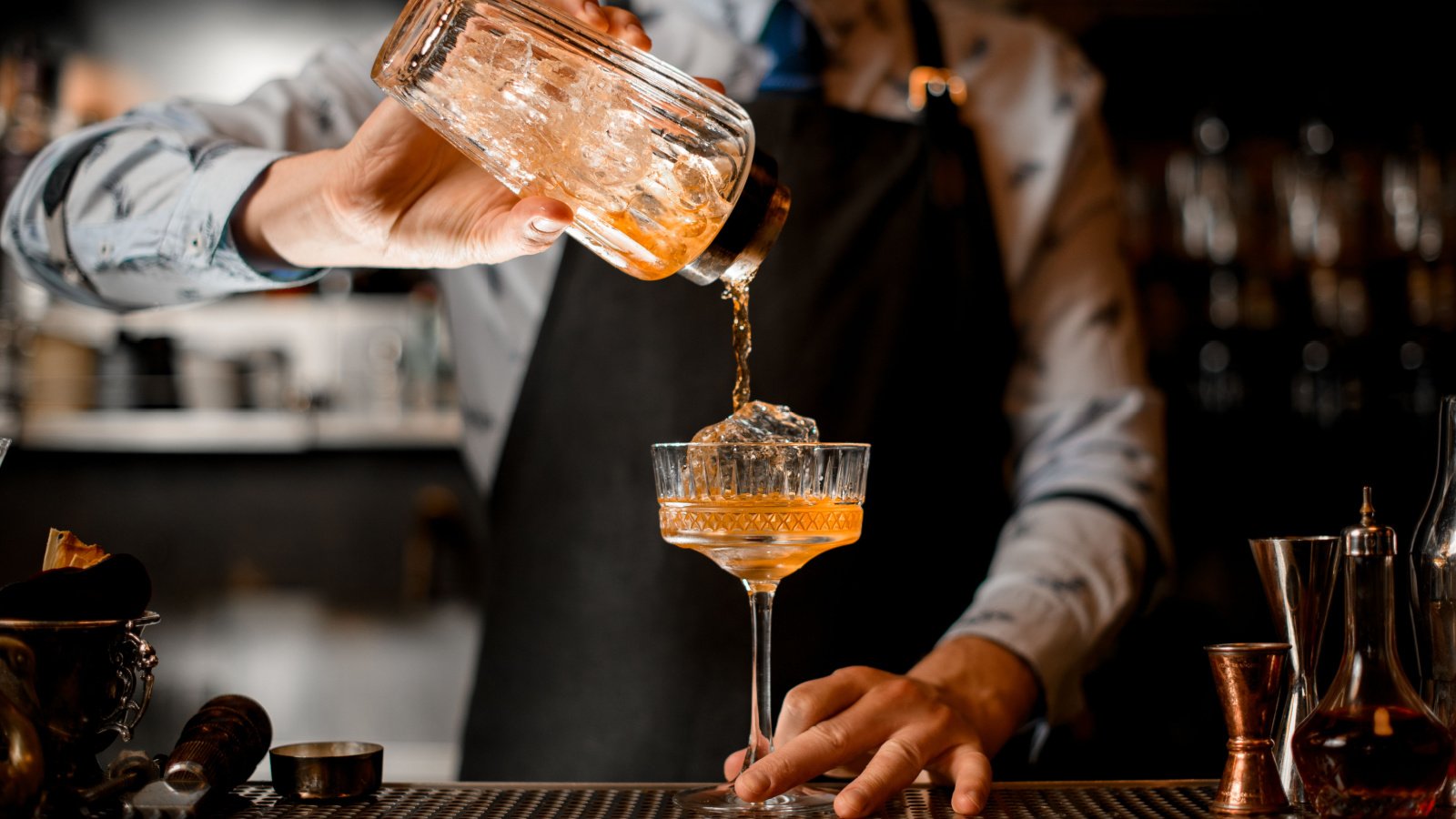
Social habits dictate spending on alcohol, with many prioritizing it even when budgets are tight. The industry remains resilient, with craft beer and artisan spirits experiencing growth in sales. Alcohol often plays a central role in socialization and relaxation rituals.
Streaming Services
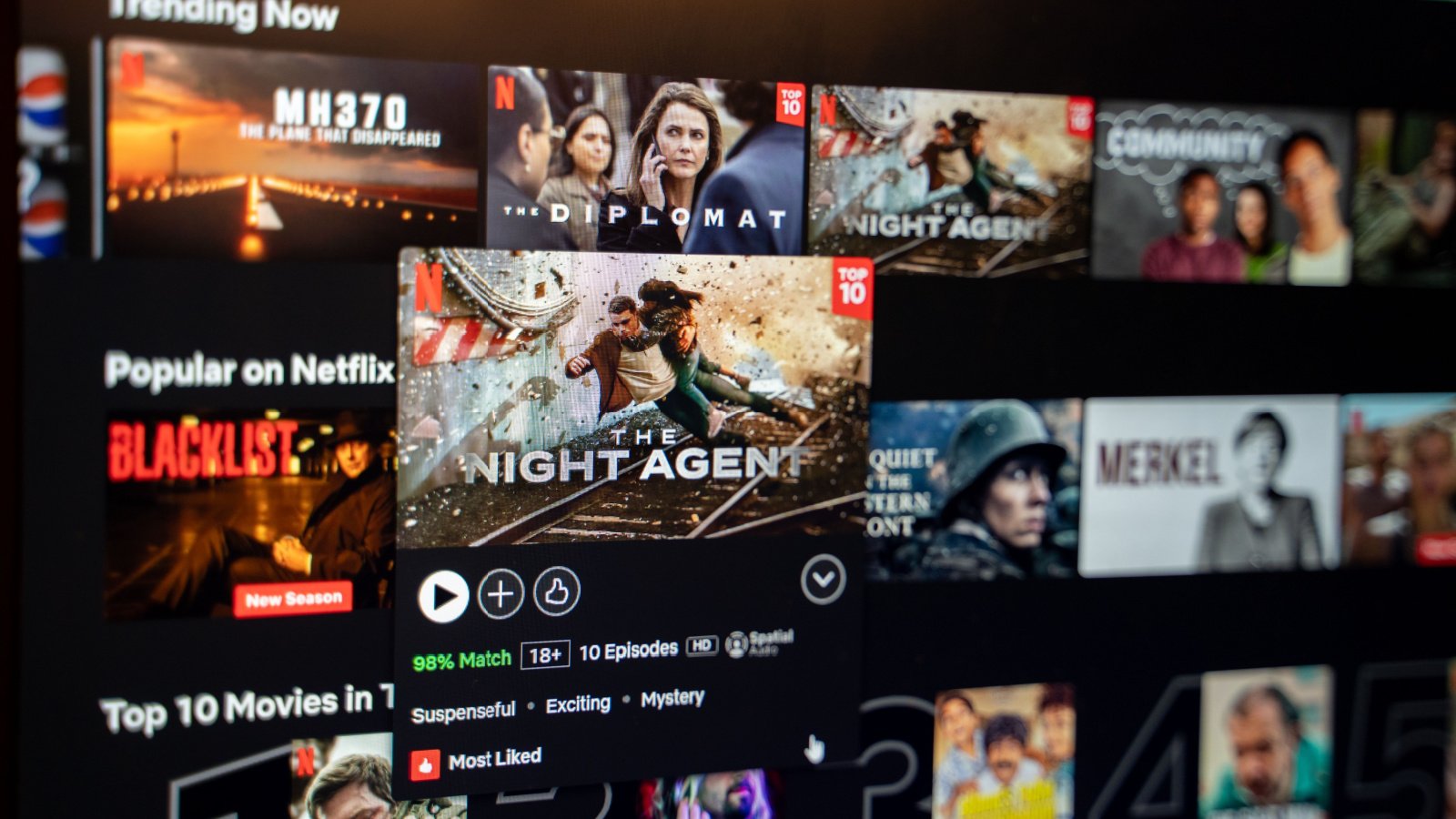
Most households subscribe to multiple streaming platforms. Even those with limited disposable income often view these subscriptions as essential, not luxuries. The streaming industry has capitalized on this perception, continually expanding their libraries.
Dining Out

Eating out remains popular among consumers. It’s estimated that the average American spends around $3,000 a year on dining outside the home. This behavior is often justified by the convenience and the pleasure of variety.
Cosmetics

Beauty products remain in high demand, even during economic downturns. The global beauty industry generates over $500 billion a year, with products like lipstick and mascara seen as affordable luxuries.
Lottery Tickets
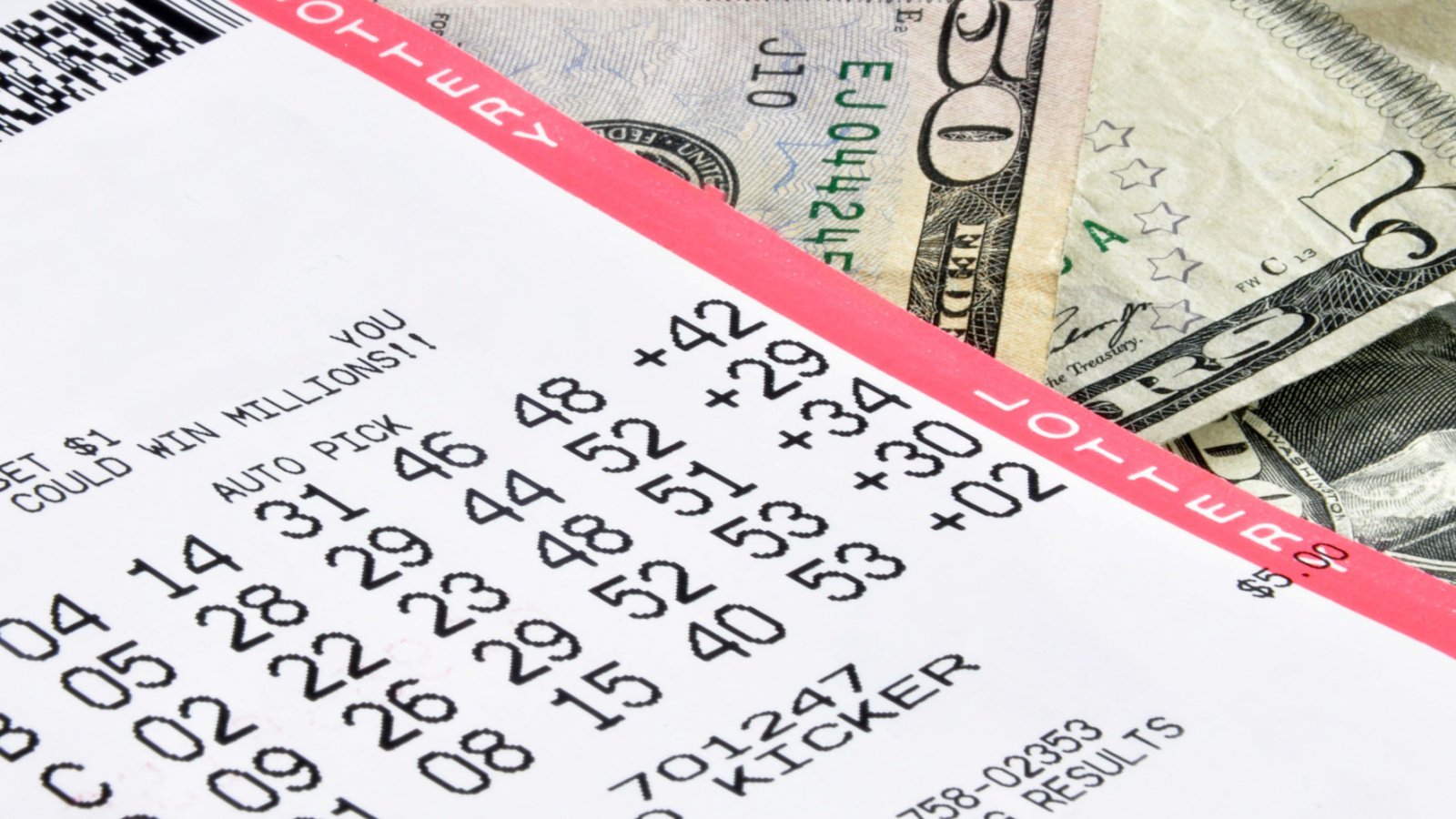
The hope of a big win keeps the lottery business thriving in all economic conditions. Americans spend over $80 billion on lottery tickets annually, often those who can least afford it. This spending is fueled by the enthralling possibility of life-changing wins.
Brand Name Sneakers

Sneakers have transcended their athletic origins to become fashion statements and status symbols. Collectors and fashion enthusiasts alike will pay upwards of $200 for the latest releases. The resale market for these shoes can see prices soar to double or triple their retail value.
Fast Fashion

Despite its affordability, consumers purchase new fashionable clothes frequently to keep up with trends. An average consumer throws away approximately 70 pounds of clothing per year.
Gym Memberships

Fitness remains a priority for many, with gym memberships being a common expenditure. Despite alternatives like outdoor exercise, the structured environment of a gym offers motivation that many find worth the cost. Over 54 million Americans are members of at least one gym.
Video Games

Video games provide an escape that many are willing to pay for, regardless of their financial situation. The industry has seen exponential growth, with revenues topping $159 billion in recent years. Games offer both an engaging storyline and a community, making them hard to resist.
Cable Television
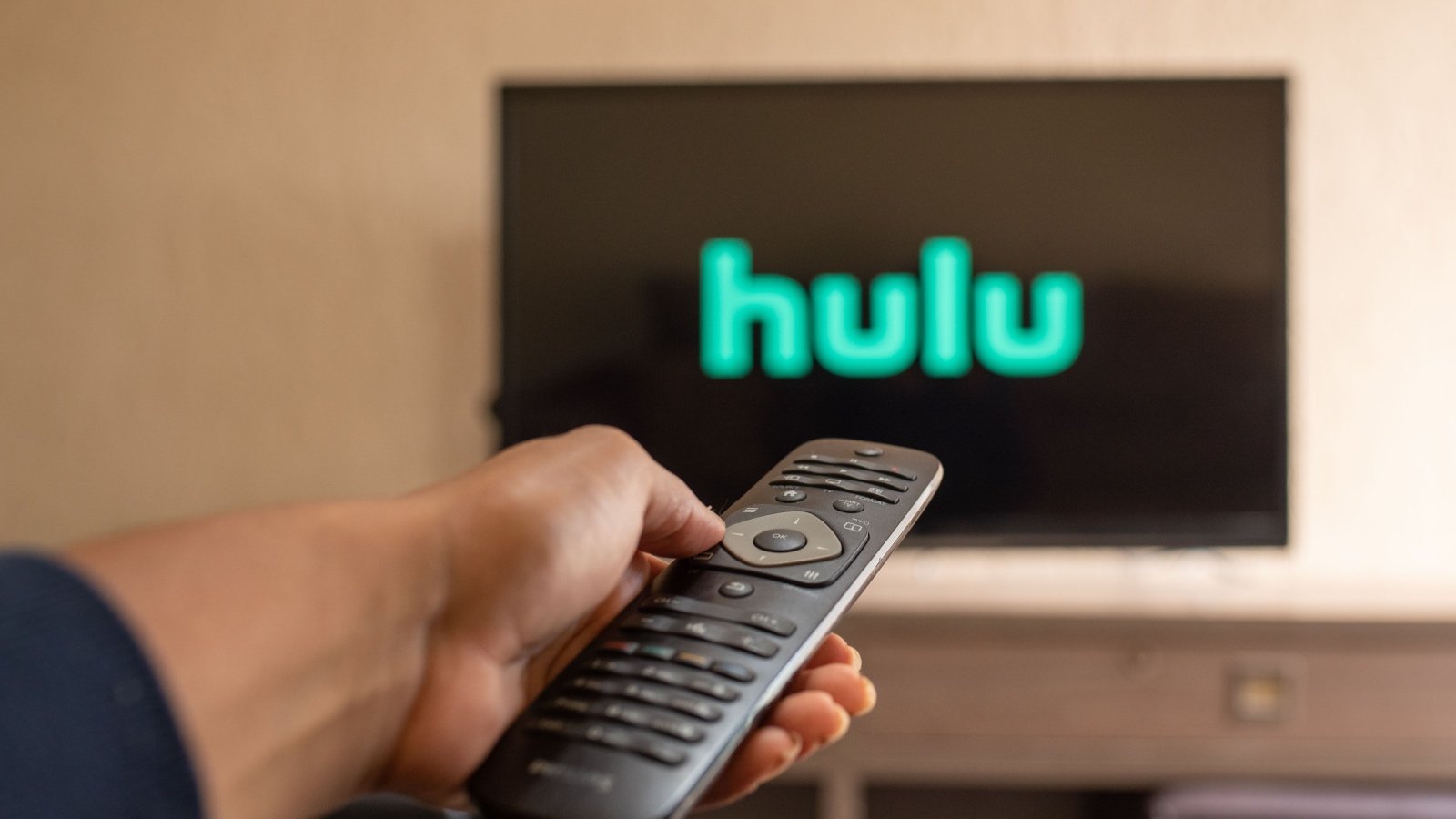
Many continue to pay for cable TV despite the availability of cheaper streaming options. The desire to access live sports and real-time events keeps this service relevant for a significant portion of the population.
Premium Gas

Some drivers insist on filling their tanks with premium gasoline, believing it keeps their engine running smoother. Over 16 million drivers in the U.S. prefer premium, despite the minimal or nonexistent benefits for most vehicles.
Organic Foods

Organic products are perceived as healthier, driving consumers to spend more on them. Sales of organic food have grown consistently, reaching $50 billion in the U.S. last year. This trend continues despite the higher prices compared to non-organic counterparts.
Pet Products

Pet owners spare no expense to care for their furry friends. The pet industry in the U.S. is worth over $99 billion, with premium pet foods and luxury pet services seeing significant growth. Pets are often considered part of the family, justifying the high expenditure.
Concert Tickets

Live music continues to draw crowds, regardless of economic uncertainties. Fans spend hundreds, sometimes thousands, to see their favorite artists perform live. The emotional connection and the experience of live music make these events worth the expense.
Jewelry
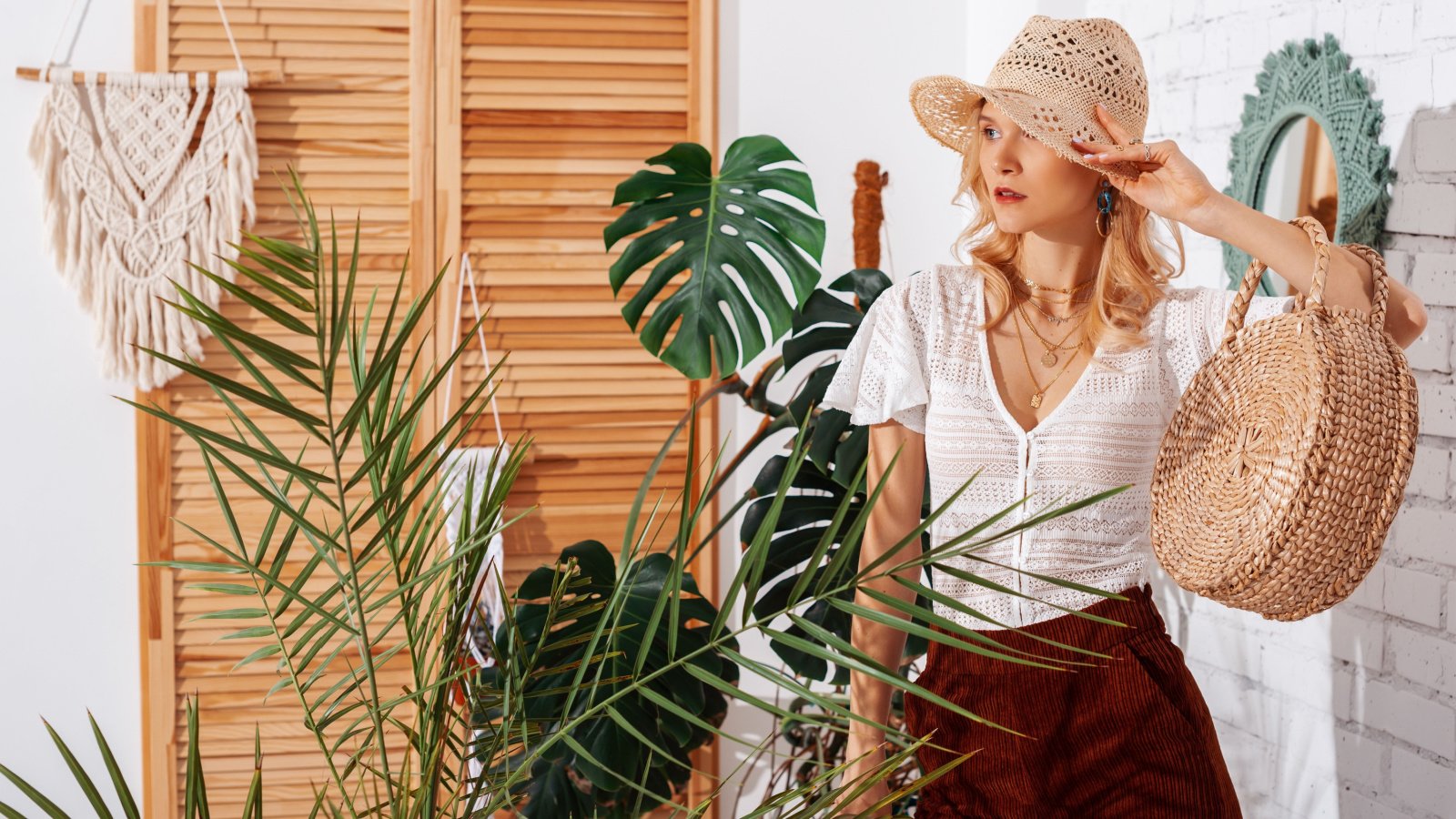
Despite economic downturns, the desire for luxury and personal adornment keeps jewelry sales strong. High-end pieces serve as both fashion statements and potential investments. This enduring appeal ensures that jewelry remains a popular purchase among diverse demographics.
Art Supplies

Creative hobbies such as painting and drawing see consistent investment in materials. Art supply sales have increased as more people turn to creative outlets for stress relief and personal expression. These purchases are often seen as essential for personal development and mental health.
Travel Experiences

Travel remains a prioritized expenditure for experiences over material goods. Many opt for budget travel options to satisfy their wanderlust without breaking the bank. This sector adapts by offering various price points to cater to all economic levels.
Books

Literature continues to be a source of both entertainment and education. Readers often find room in their budget for new books, contributing to a global industry worth billions. The value placed on learning and escapism justifies this ongoing expense.
Bottled Water

Even in areas with clean tap water, bottled water sales are robust. Consumers spend over $16 billion annually on bottled water in the U.S. alone. The convenience and perceived purity drive this consistent choice.
Fancy Teas
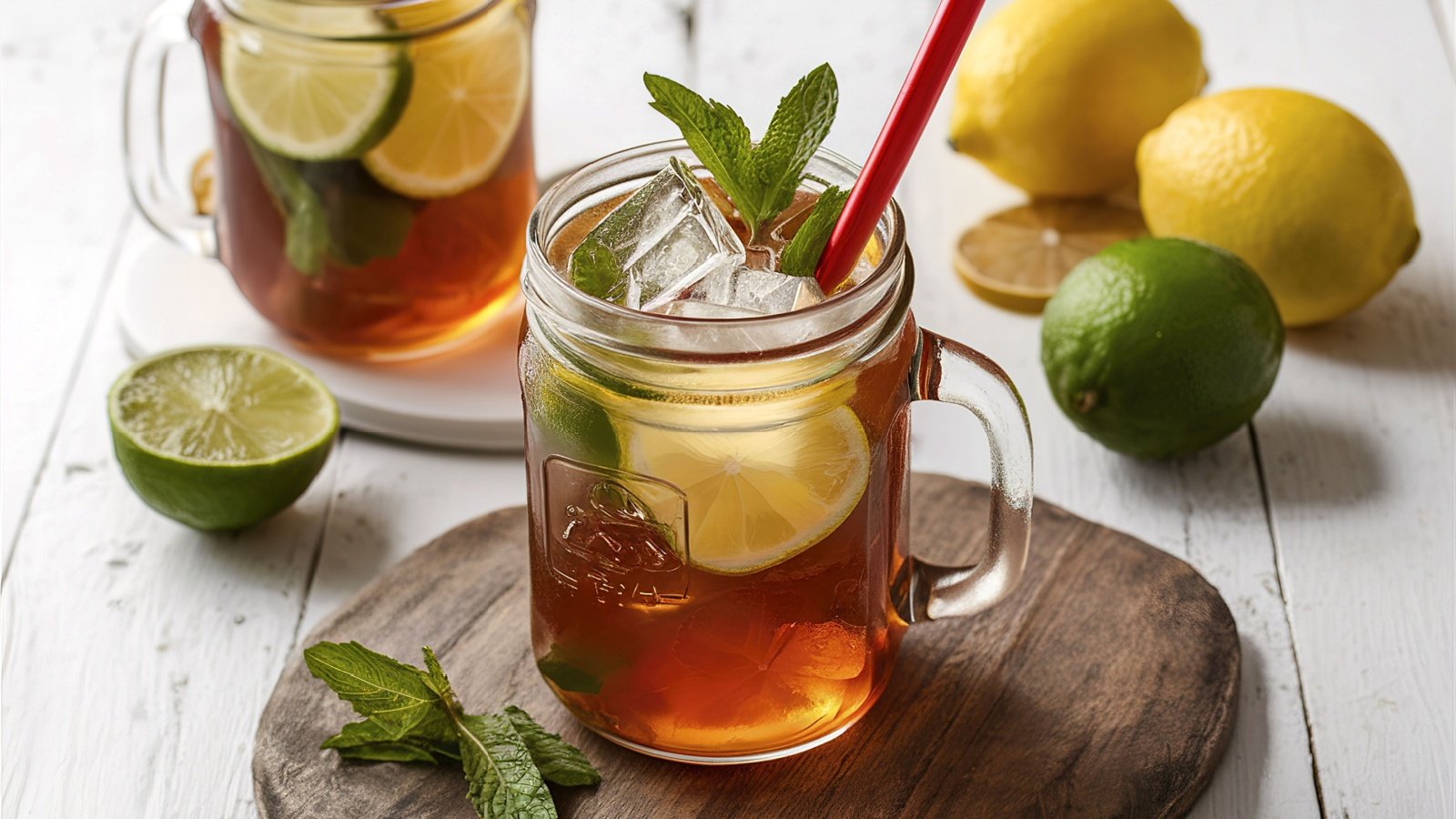
Tea enthusiasts are willing to pay premium prices for specialty blends. The global tea market continues to grow, with a shift towards organic and rare teas. These teas offer unique flavors and potential health benefits, making them a luxurious but justifiable indulgence.
Plants

Houseplants have surged in popularity, with millennials leading the charge in spending. The market for plant care products is booming, with organic and eco-friendly options becoming increasingly popular.




